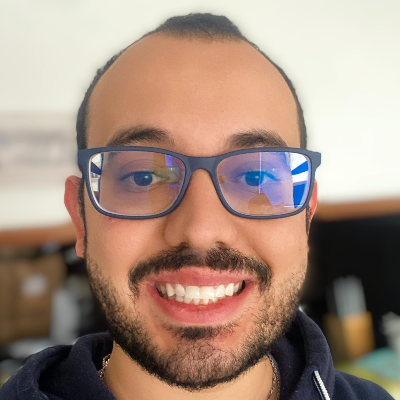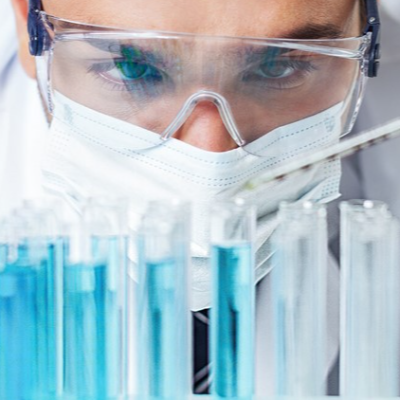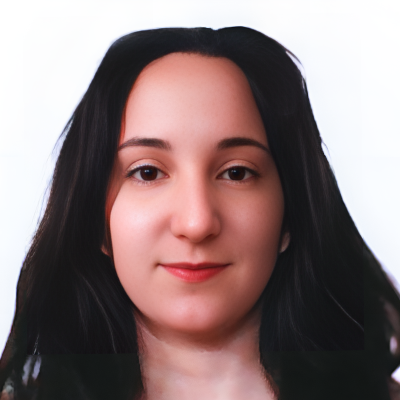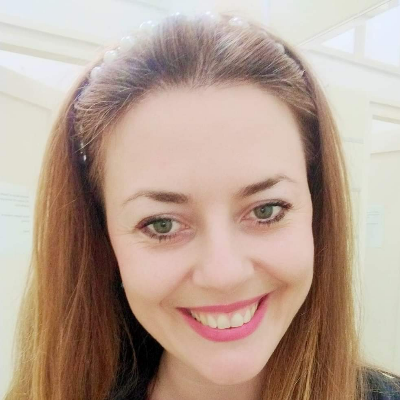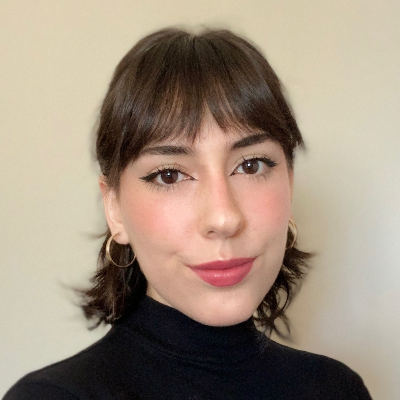Pharmacy
Homework Help & Tutoring
We offer an array of different online Pharmacy tutors, all of whom are advanced in their fields and highly qualified to instruct you.
Pharmacy
What is pharmacy?
Pharmacy is an art, practice, or profession of preparing, preserving, compounding, and dispensing medical drugs (Webster dictionary). Pharmacy allows healthcare professionals to combine their knowledge of chemistry with their medical knowledge in order to develop drugs for treating different diseases and conditions safely and efficiently. Pharmacology is an incredibly complex subject that deals with every aspect of drug production and distribution - from an initial idea to clinical evaluations and commercial distribution.
What are drugs?
Drugs are defined as substances which alter normal biological or physiological functions of organisms through chemical reactions. Depending on the type of interaction between target molecules or receptors, drugs can either act as agonists (activators of certain chemical processes) or antagonists (inhibitors of certain chemical processes). Drugs bind to receptors using chemical bonds in an action that is called a pharmacodynamic process. A body also reacts to a drug and changes its structure in an action that is known as pharmacokinetic process.
What is pharmacology?
Pharmacology is a scientific discipline that explores the ways that certain chemical agents interact with living systems through different chemical processes. Pharmacology studies the mechanisms of molecular interaction between drugs and regulatory molecules which activate or inhibit normal physiological or biological processes. Pharmacology is mostly concerned with discovering the chemical characteristics and mechanisms of actions of various chemical substances. It also involves the study of biological transformations of drugs and their therapeutic and non-therapeutic effects on a body. Finally, pharmacology specialists have the responsibility to find the most efficient ways for producing drugs and making them available to patients.
What is clinical pharmacy?
Clinical pharmacy is a scientific discipline and practice that is concerned with rational medication use. Nowadays, there are a growing number of new drugs emerging on the market as well as new scientific evidence on existing medicines. Clinical pharmacy carefully collects and studies all pieces of information about these drugs in order to assess their safety and efficiency as well as to weigh the risks against the benefits.
Reference books:
Atkinson, A. J. (2012). Principles of Clinical Pharmacology. London: Academic Press
Barber, P., Blundell, D., & Parkes, J. (2012). Further Essentials Of Pharmacology For Nurses. Maidenhead: McGraw-Hill Education.
Brown, T. R., Holdford, D. A., & American Society of Health-System, P. (2010). Introduction to Hospital and Health-System Pharmacy Practice. Bethesda, MD: ASHP.
Chatu, S. (2011). The Hands-on Guide to Clinical Pharmacology. Hoboken: Wiley-Blackwell.
Kenakin, T. P. (2006). A Pharmacology Primer: Theory, Applications, and Methods. Amsterdam: Academic Press.
Liu, G., & Cheng, D. (2012). Encyclopedia of Pharmacology Research. New York: Nova Science Publishers, Inc.
Merrills, J., & Fisher, J. (2006). Pharmacy Law and Practice. Amsterdam: Elsevier Science.
Oxford Handbook of Clinical Pharmacy. (2017). Oxford: Oxford University Press. doi:10.1093/med/9780198735823.001.0001
Pharmacy. (2001). Oxford Illustrated Companion to Medicine (p. 637). Oxford University Press, 2001
Scholefield, D. (2015). Pharmacology Case Studies for Nurse Prescribers. Keswick, United Kingdom: M&K Publishing
Wiffen, P. (2012). Oxford Handbook of Clinical Pharmacy. New York: OUP Oxford.
To fulfill our tutoring mission of online education, our college homework help and online tutoring centers are standing by 24/7, ready to assist college students who need homework help with all aspects of pharmacy. Our medicine and nursing tutors can help with all your projects, large or small, and we challenge you to find better online pharmacy tutoring anywhere.
College Pharmacy Homework Help
Since we have tutors in all Pharmacy related topics, we can provide a range of different services. Our online Pharmacy tutors will:
- Provide specific insight for homework assignments.
- Review broad conceptual ideas and chapters.
- Simplify complex topics into digestible pieces of information.
- Answer any Pharmacy related questions.
- Tailor instruction to fit your style of learning.
With these capabilities, our college Pharmacy tutors will give you the tools you need to gain a comprehensive knowledge of Pharmacy you can use in future courses.
24HourAnswers Online Pharmacy Tutors
Our tutors are just as dedicated to your success in class as you are, so they are available around the clock to assist you with questions, homework, exam preparation and any Pharmacy related assignments you need extra help completing.
In addition to gaining access to highly qualified tutors, you'll also strengthen your confidence level in the classroom when you work with us. This newfound confidence will allow you to apply your Pharmacy knowledge in future courses and keep your education progressing smoothly.
Because our college Pharmacy tutors are fully remote, seeking their help is easy. Rather than spend valuable time trying to find a local Pharmacy tutor you can trust, just call on our tutors whenever you need them without any conflicting schedules getting in the way.

